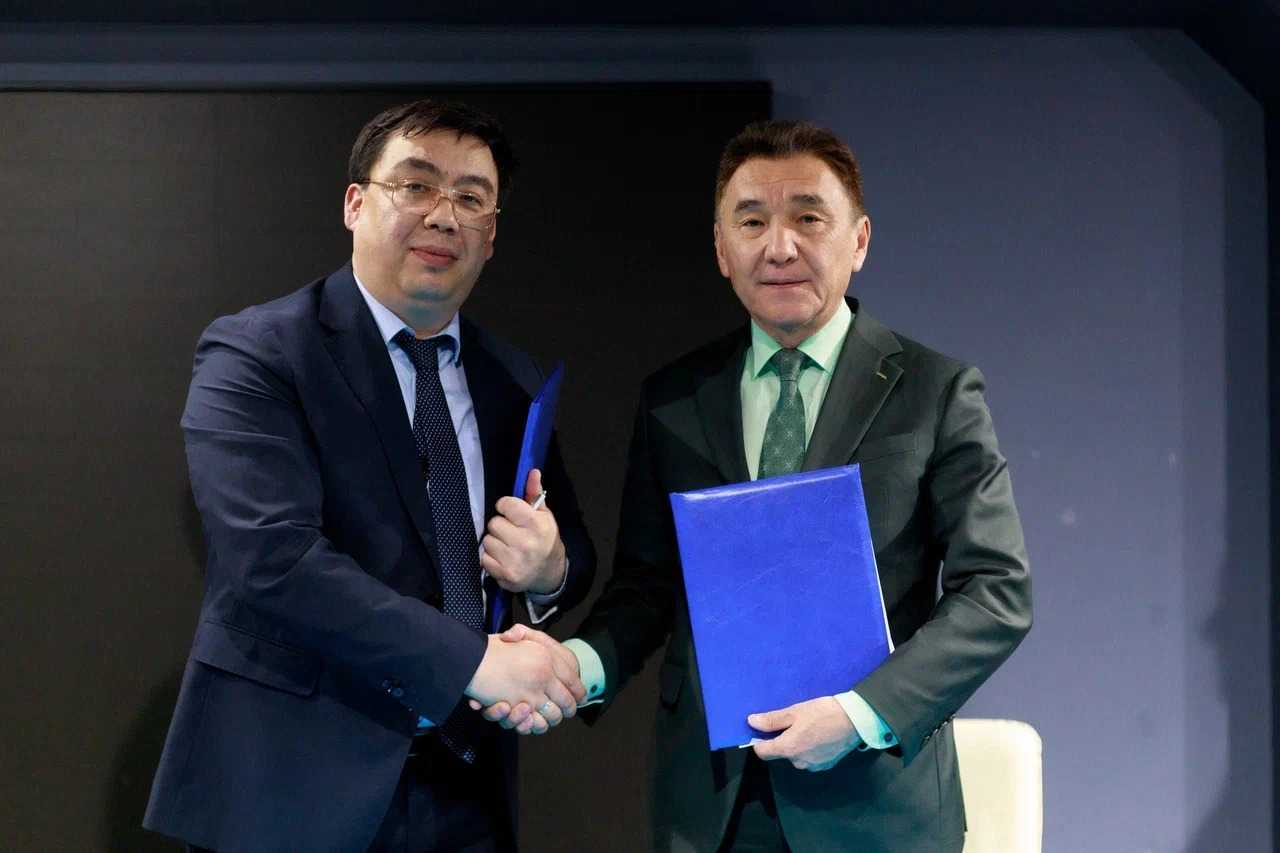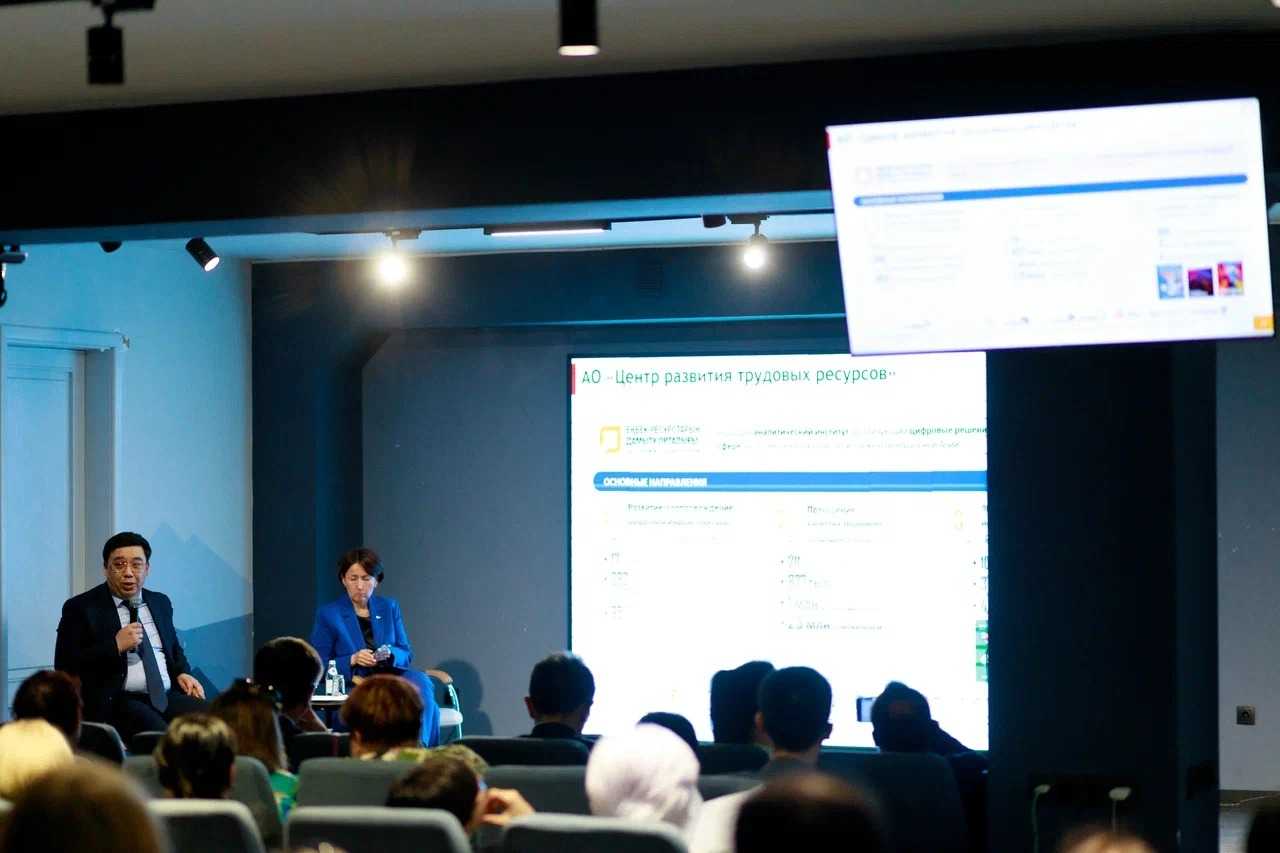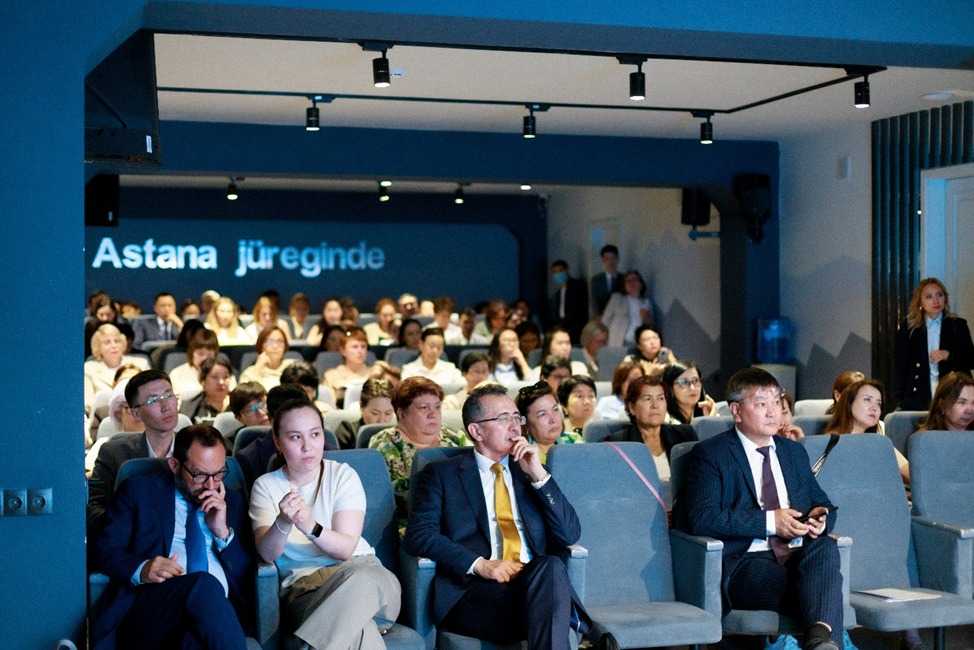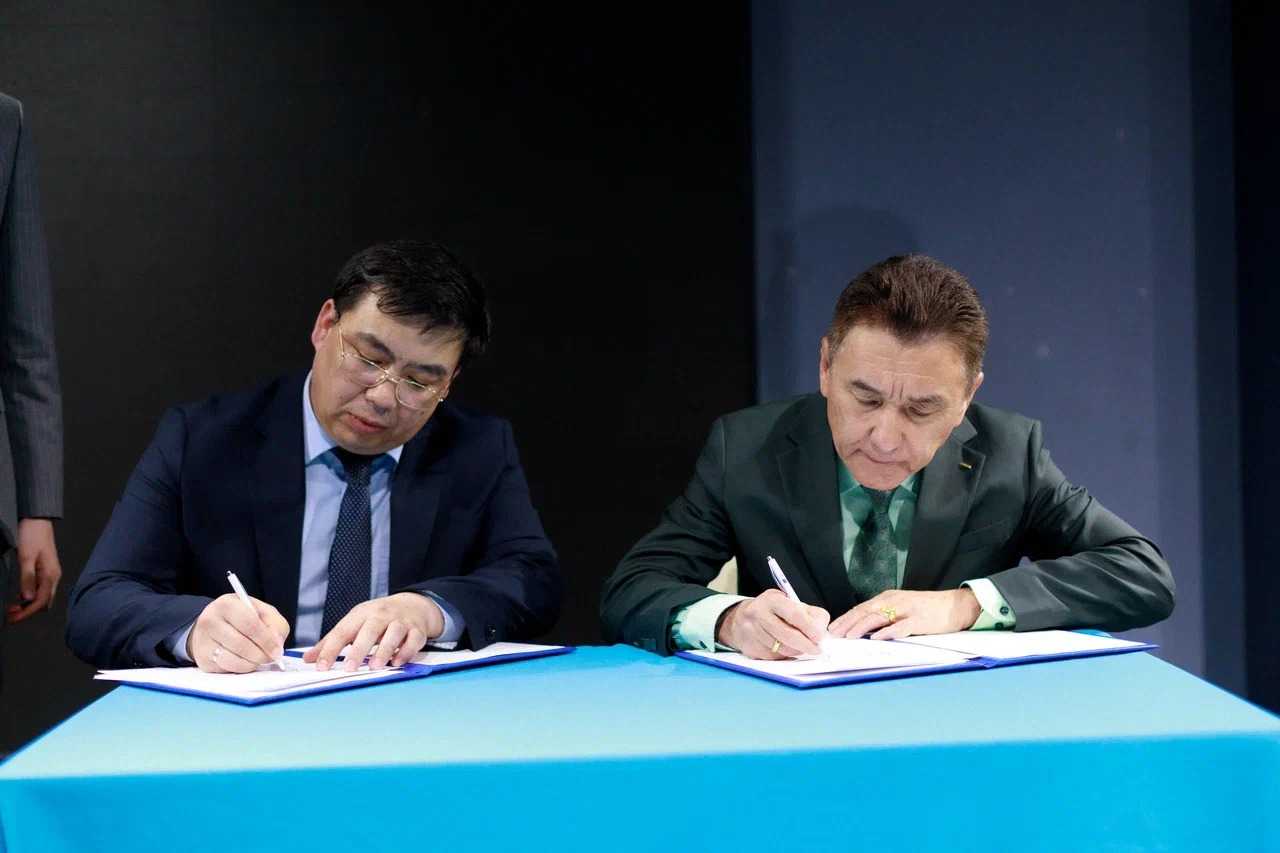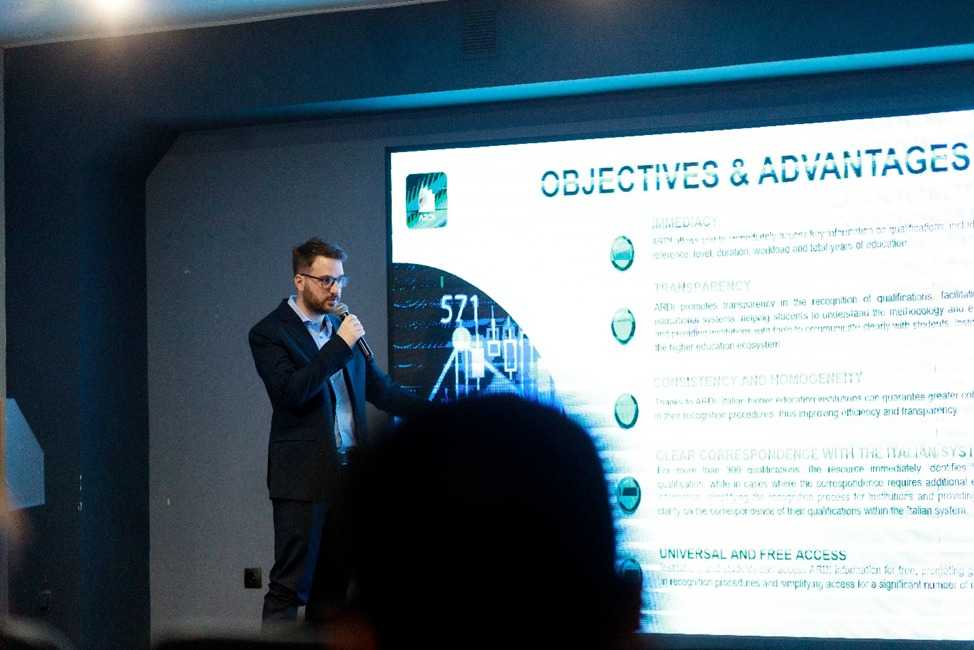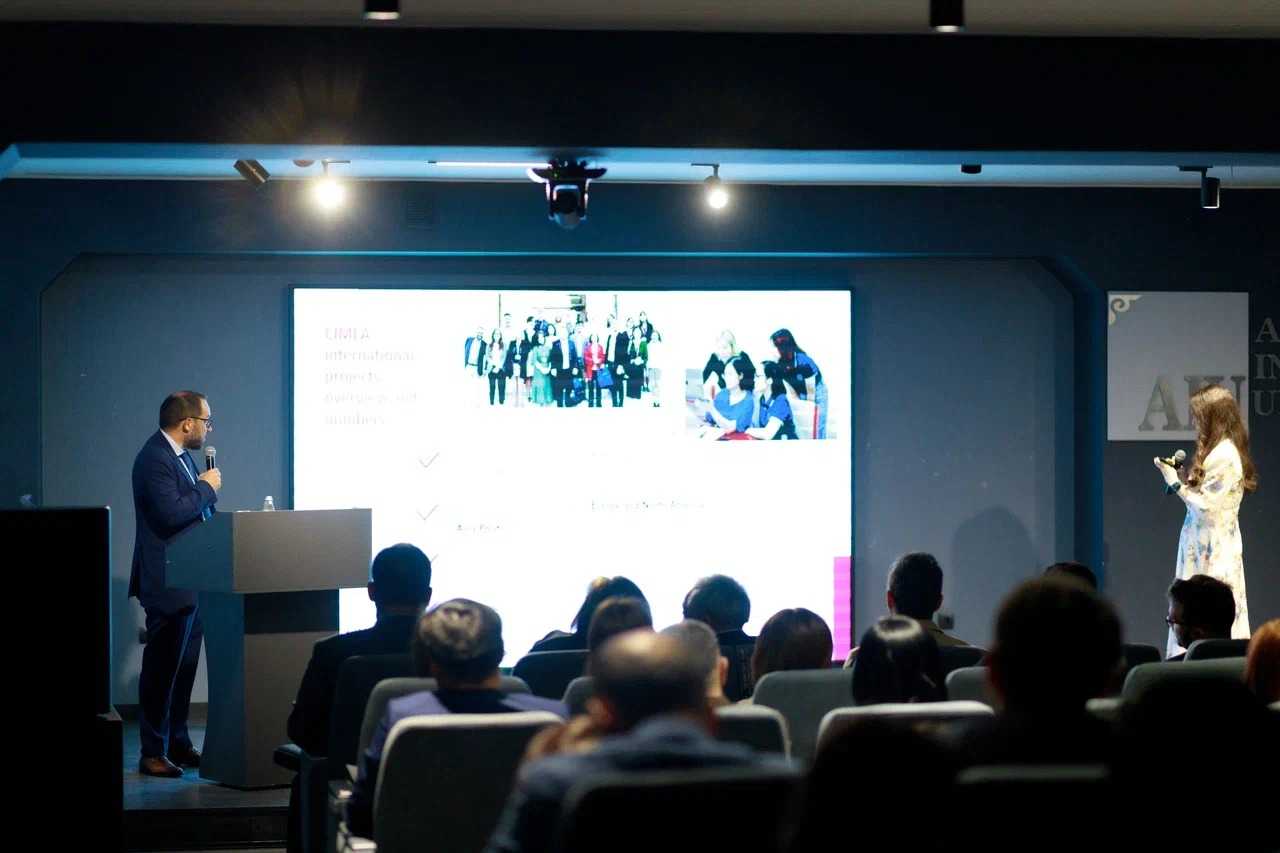On May
14 and 15, 2025, Astana International University hosted seminars on the
recognition of qualifications, digital transformation in education, and the
implementation of the National Qualifications System (NQF) tools in the
activities of universities.
On May
14, a seminar was held on the topic "Recognition of qualifications and key
digital tools of CIMEA for higher education institutions". The organizers
were the National Center for Higher Education Development of the Ministry of
Science and Higher Education of the Republic of Kazakhstan and international
partners. The event was attended by vice-rectors for academic affairs of
universities in Kazakhstan, researchers, and experts. Director of the NCHD
Farhad Kuanganov and President of Astana International University Serik
Irsaliev delivered welcoming remarks.
CIMEA
Director General and President of the Lisbon Recognition Convention Luca
Lantero, as well as CIMEA Senior Expert Luca Ferranti, presented modern digital
tools for the assessment and recognition of qualifications: the CIMEA Diplome
platform with blockchain capabilities, the CIMEA Wiki knowledge management
system and the ARDI database for the automatic recognition of qualifications.
Particular attention was paid to the role of universities in international
recognition processes and the digitalization of qualification procedures.
In the
afternoon, a seminar on “Recognition of qualifications and key digital tools in
the social and labor sphere” was held. The new National Qualifications
Framework, digital platforms for the assessment and certification of
professional skills, such as Skills.enbek.kz, CAREER.enbek.kz, the digital
skills bank and ENBEK.kz were presented. Issues of career guidance, employment
support and certification of student qualifications on a voluntary basis were
also discussed. The event ended with a question and answer session, an exchange
of practical cases and a summary.
On May
15, 2025, a closed round table for university leaders was held, where the
results of the past seminars were summed up, mechanisms for integrating digital
platforms into educational practice were discussed, and further steps to
strengthen the role of higher education institutions in the development of the
National Qualifications System were identified. During the discussion, special
attention was paid to issues of sustainable interaction between universities
and industry councils, the introduction of external assessment of student
qualifications, as well as the development of joint projects within the
framework of the digital transformation of higher education.
